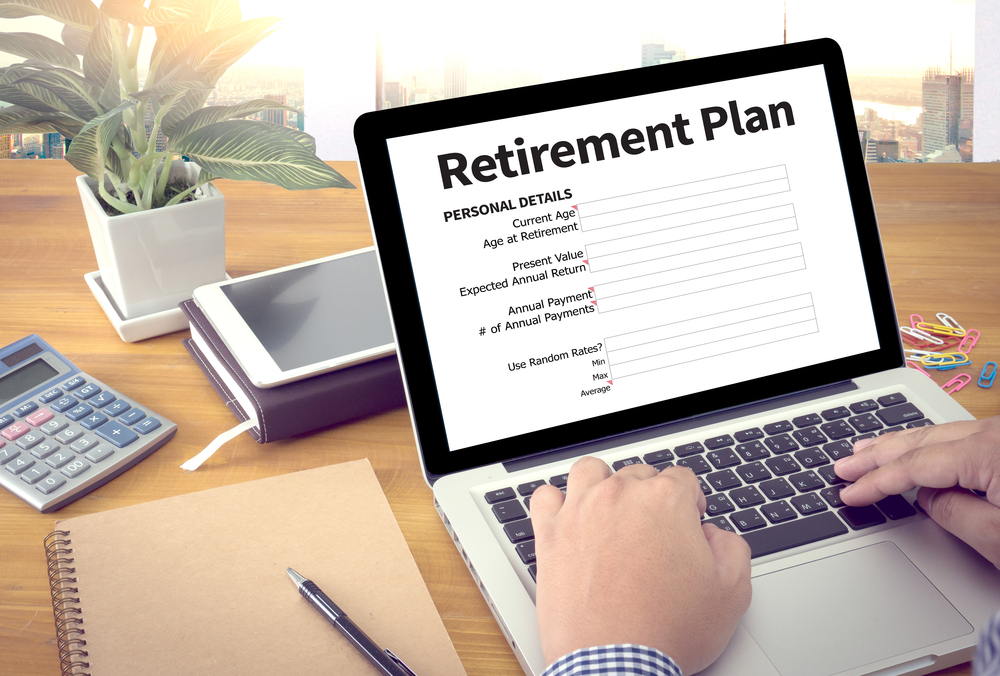Establish a tax-favored retirement plan

If your company doesn’t already have a tax-favored retirement plan in place, now is a terrific moment to start. The current laws allow for considerable tax-deductible contributions to retirement plans.
For example, suppose you’re self-employed and open a SEP-IRA. In that case, you can put up to 20% of earnings in the account. That is, with a maximum contribution of $61,000 in 2022. If you operate your own business, you can contribute up to 25% of your pay to your account. The maximum contribution there is $61,000. In the 32% federal income tax bracket, making the maximum contribution might save you $19,520 (32% times $61,000) in taxes in 2022.
More tax-favored retirement plan options
Other small business retirement plan options include:
- 401(k) plans set up for just one person (also called solo 401(k)s)
- Defined benefit pension plans
- SIMPLE-IRAs
These other plans may offer more significant deductible contributions depending on your circumstances.
Deadlines to establish and contribute
According to a modification in the 2019 SECURE Act, tax-favored qualified employee retirement plans, except SIMPLE-IRA plans, can now be adopted by the due date (including any extensions) of the employer’s federal income tax return for the adoption year. The plan can then receive deductible employer contributions made by the due date (including any extensions), which the employer can deduct on the adoption year’s tax return.
It is important to note that the provision of the SECURE Act did not change the deadline for establishing a SIMPLE-IRA plan. October 1, 2022, is still the scheduled date for the proposal to go into action. Also, the SECURE Act change does not override laws that require specific plan provisions. That includes those that cover employee elective deferral contributions (salary-reduction contributions) under a 401(k) plan, to be in place throughout the plan year. The plan must be in place before any employee can make elective deferral contributions.
For example, suppose you extend your 2021 tax return. In that case, the deadline for setting up a SEP-IRA for a sole proprietorship business that uses the calendar year for tax purposes is October 17, 2022. The donation deadline for the fiscal year 2021 is also October 17, 2022. To contribute to a SIMPLE-IRA for the 2021 tax year, you must have established the plan by October 1, 2021. So it’s too late to make a plan for the previous year.
Next steps
While you can put off starting a tax-advantaged retirement plan until next year (except for a SIMPLE-IRA), why wait? Get it done this year and start saving for retirement as part of your tax planning. Contact our RRBB accountants and advisors for more information on small business retirement plan options. Be aware that if your company includes employees, it may also be a requirement for you to pay contributions on their behalf.
© 2022
RRBB eNEWSLETTER
Get free tax planning and financial advice




